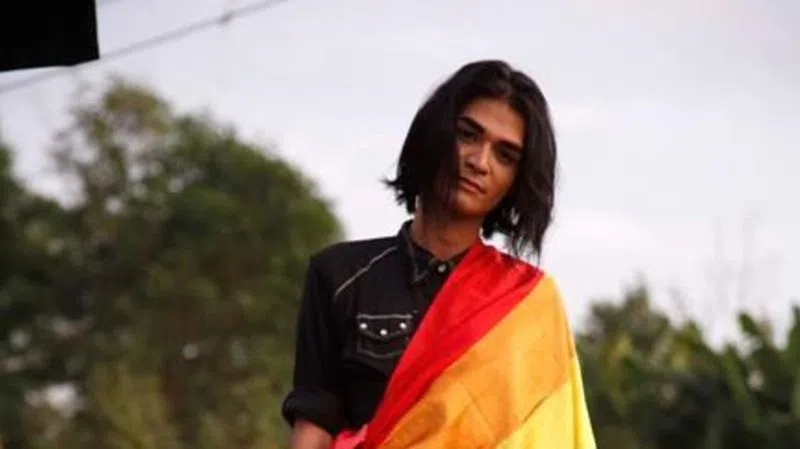
Normalcy returns to Guatemala-Mexico border after caravan
CIUDAD HIDALGO, Mexico — From the roadside stand where his family sells mole, barbecue and chicken stew, Miguel Ángel Vázquez has seen all the caravans of Central American migrants and asylum seekers stream past his front door in recent years, throngs of people driven to flee poverty and violence in hopes of a better life in the United States.
After watching armoured National Guard troops and immigration agents break up the latest one right on his doorstep, loading men, women and wailing children onto buses and hauling them off to a detention centre in the nearby city of Tapachula, he’s sure of one thing.
“I can see that these caravans are no longer going to pass,” said Vásquez, 56.
On Friday morning, life was back to normal at the river border between Ciudad Hidalgo and Tecun Uman, Guatemala.


